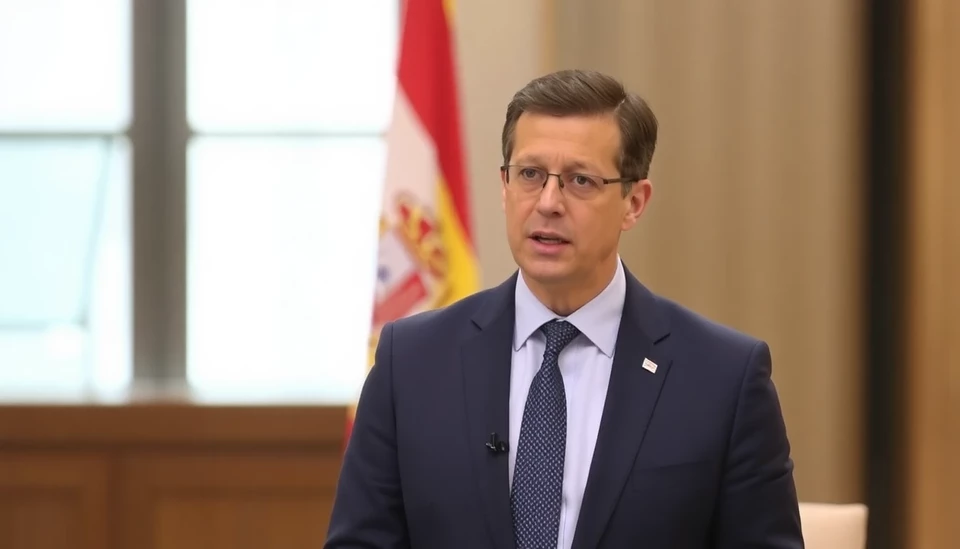
In a bold economic move, the Indonesian government, led by the Minister of Defense Prabowo Subianto, has revealed plans to raise the minimum wage by an impressive 6.5% in 2025. This announcement was made during a government press conference and is seen as a response to ongoing inflationary pressures and the rising cost of living faced by many citizens.
Prabowo emphasized that this decision aims to alleviate financial burdens on low-income families and to encourage spending, which is crucial for economic stability. The decision is part of a broader strategy to boost the purchasing power of the workforce, ensuring that the citizens can maintain a reasonable standard of living amid challenging economic conditions.
The minimum wage in Indonesia varies significantly across regions, reflecting the diverse economic landscapes across the archipelago. The increase will be calculated according to the current minimum wage standards established for each province, aiming to provide equitable enhancements in earnings for workers nationwide.
This wage hike comes at a time when many sectors in Indonesia are grappling with the impacts of global economic shifts, including supply chain disruptions and increased prices for goods and services. The government hopes that by raising wages, it will stimulate consumer spending, thereby contributing to a stronger economic outlook moving forward.
Analysts have noted that such wage increases can have both positive and negative effects. On one hand, they can help stimulate the economy by increasing disposable income; on the other hand, if businesses struggle to cope with rising wage bills, it may lead to higher unemployment rates or reduced hiring in the long term. The government, however, remains optimistic that the increase will generate a net positive effect on the economy.
Prabowo concluded the announcement by reaffirming the government's commitment to the welfare of its citizens, stating that the wage increase is part of a comprehensive approach to enhance economic resilience and sustainability. This step is expected to be welcomed by labor unions and workers alike, as they seek better compensation in the face of rising living costs.
As Indonesia positions itself for future growth, the decision to raise the minimum wage illustrates the government's ongoing efforts to address economic disparities and support its citizens through targeted financial policies.
#minimumwage #increase #Indonesia #economy #PrabowoSubianto #financialwelfare #costofliving #economicgrowth
Author: Laura Mitchell




